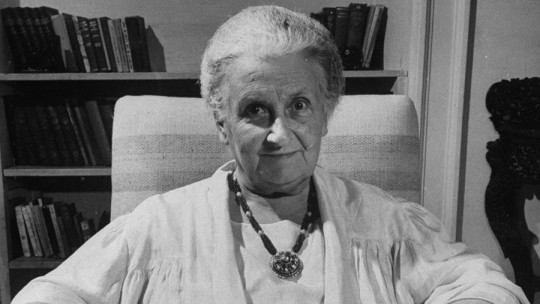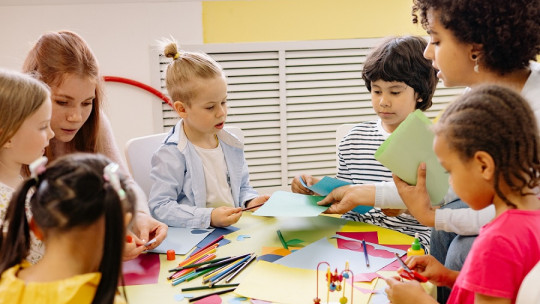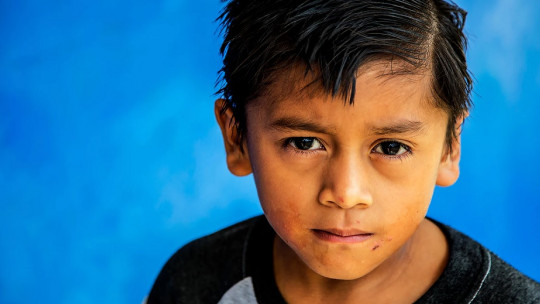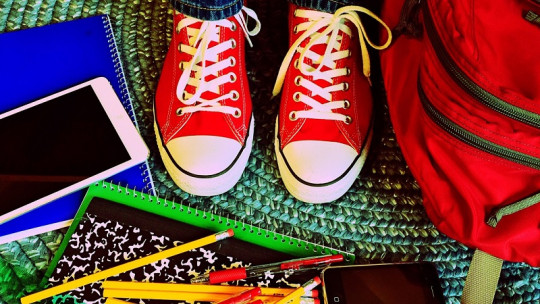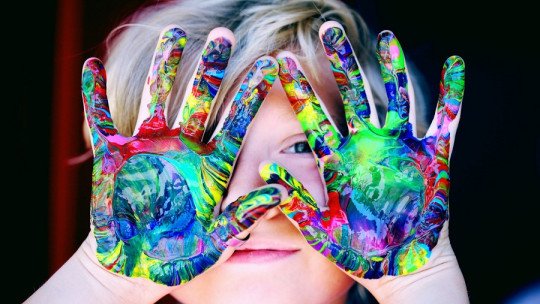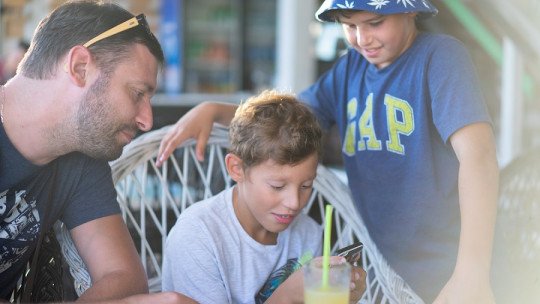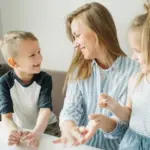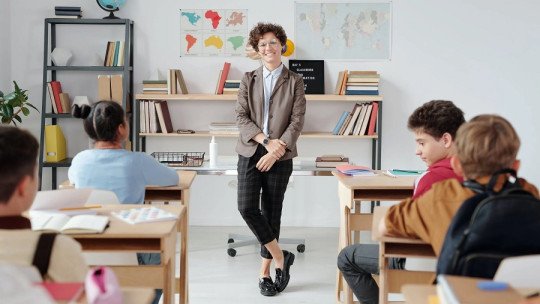
Social skills are a key aspect of human well-being, as they allow us to connect with others and live integrated into society. However, these do not arise spontaneously in us, but must be trained from childhood. In this sense, The Montessori method has proven to be an important ally in the development of this type of skills, social skills, within the context of education in schools. Let’s see it.
Is it possible to train social skills through education?
As soon as we are born, human beings are extremely dependent on our caregivers. It is said that prematureness is a very illustrative characteristic of humans, since once we arrive in the world we require more time to become autonomous and independent of our caregivers compared to other species. Far from being a disadvantage, prematureness is an evolutionary advantage, since it gives us a wider gap of time to learn from others; to internalize how we must behave in the face of the challenges that the environment imposes on us to ensure survival. And by “challenges of the environment” we refer to, above all, the challenges of the social environment, to which it is more difficult to adapt if we do not manage to quickly acquire the social skills necessary to interact with others
So, people use a repertoire of social skills to interact satisfactorily with our peers. Connecting with others is an unavoidable activity and on which we depend no matter what for issues as essential as survival; but also to make requests, express our needs and get what we want for our lives. If we do not have sufficient social skills to relate, it is very likely that we will experience high levels of discomfort in our relationships. The interpersonal conflicts that the vast majority have experienced at some point in their lives show us that many of us are in a deficient position with respect to the development of our social skills. Based on this concern… Is it possible to acquire social skills after early childhood through institutions such as school?
Learning social skills
We know that our first references in the socialization process are the members of our family. Caregivers—in general, parents or grandparents—play the role of being our socializing agents, that is, their function is to “filter” for their children the norms of the culture and institutions that precede us. In addition, The family provides us with models of social behavior, suggesting a path to follow when connecting with others. From our family, through mechanisms such as observation, verbal learning and feedbackwe learn in what ways it is correct to behave and in what other ways it is not.
More or less simultaneously, despite the privileged place that the family has in teaching our social skills, the integration of children into the educational system occurs, an event that will influence the way in which we behave in relation to some “new others”—teachers, janitors or other children. This moment will also involve great learning regarding our skills due to direct experience, since we will be immersed in an underworld full of conflicts that we will only be able to resolve using the baggage of social skills that we already have and incorporating new interpersonal skills at the same time.
How can social skills be trained in education?
Now, is it possible for intervention programs to develop social skills to be implemented from primary and secondary education, or are these tied to what we have learned in the first instance? According to scientific research, the answer is yes, it is possible to train social skills through education. This can be explained more easily if we understand social skills like any other human behavior. The way we communicate with others is susceptible to modification; We do not have to continue until the end of our days behaving in the way in which we have spontaneously learned to do so Our ways of acting change, and furthermore, they can be modified on purpose so that they are more functional to the different contexts that we are presented with in life.
Programs have also been developed to intervene through education in children’s social skills, whose main characteristics were described by López as follows. Firstly, the most used techniques to train social skills at school tend to be based on role plays or role playing; strategies based on imitation of other people, also called modeling; and relaxation and interpersonal problem-solving techniques to resolve conflicts. These techniques aim to ensure that children and adolescents acquire sufficient skills to initiate and maintain social relationships that allow a constructive exchange with their peers and with adults; as well as encouraging the practice of appropriate forms of communication and strengthening self-esteem.
The role of the family in social skills training programs
Furthermore, according to this author, an important fact about the application of programs for the development of interpersonal communication skills is the involvement of parents in the intervention. This is because they are the key references in the development of children and, at the same time, the only ones capable of giving feedback to the institution regarding the effects of the program at home Parents are the ones who will encourage the child to put into practice the resources that he gradually acquires in the intervention program, since repetition and reinforcement are elements that allow the consolidation of new learning, especially when learning how to dialogue with others.
The problem is that educational institutions do not usually consider the possibility of implementing interventions in social skills within their curricula, even when UNESCO has declared more than two decades ago the importance of education “guaranteeing learning based on the formation of the identity of people, the ability to live together and undertake together.” But, on the other hand, this lack is understandable: Putting the contributions of scientific research into practice is not easy, since it requires that the institution be able to contact professionals capable of training children, adolescents and teachers in social skills training. However, carrying it out can be extremely beneficial in training children and young people to build more appropriate, efficient, empathetic and assertive ways of connecting with others.
The Montessori method applied to the development of social skills
The Montessori approach focuses on the holistic development of children, including their social skills. Although it is not a methodology specifically designed to teach social skills, the Montessori environment naturally promotes their development through several principles and strategies:

